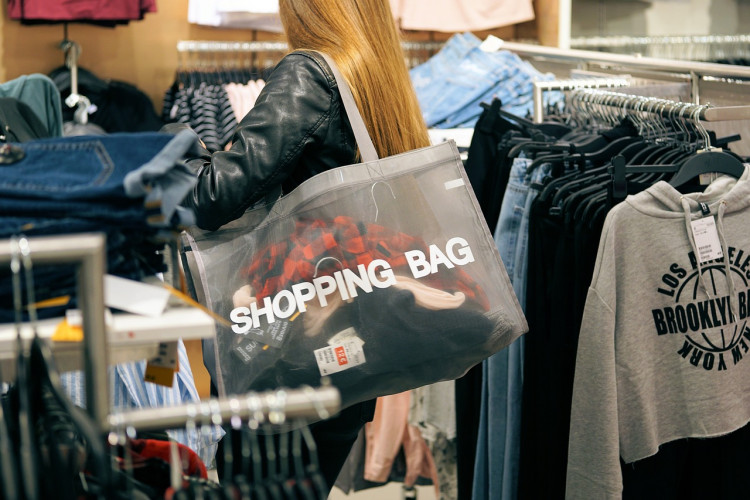California Governor Gavin Newsom has taken a significant step toward addressing the state's plastic pollution crisis by signing a bill that will effectively ban all plastic shopping bags at store checkouts by 2026. This new legislation, Senate Bill 1053, eliminates the loophole that allowed stores to offer thicker, so-called "reusable" plastic bags after the state's initial ban on single-use plastic bags in 2014. The new law aims to curb the growing amount of plastic waste that continues to end up in landfills and oceans despite earlier efforts to reduce the use of plastic bags.
State Senator Catherine Blakespear, one of the bill's authors, noted that while the original ban had noble intentions, it did not have the desired impact. "This bill honors the intent of the original ban on single-use bags enacted 10 years ago," Blakespear said in a statement. "However, the truth is almost none of those [thicker] bags are reused or recycled, and they end up in landfills or polluting the environment." The goal of the new legislation is to correct course and more effectively reduce plastic pollution across the state.
Under the provisions of the bill, starting January 1, 2026, California grocery stores will no longer be able to offer plastic bags of any kind at checkout, even the thicker ones that were previously allowed. Instead, customers who do not bring their own reusable bags will be offered paper bags. Additionally, by 2028, all paper bags must be made from at least 50% post-consumer recycled materials. This change is part of a broader effort to not only reduce plastic pollution but also promote more sustainable alternatives like recycled paper.
California has long been at the forefront of environmental regulations, and the state's initial single-use plastic bag ban in 2014 was one of the first of its kind in the country. However, despite this early leadership, data from the California Department of Resources Recycling and Recovery (CalRecycle) reveals that the amount of plastic waste in the state has only increased since then. In 2022, Californians disposed of 231,072 tons of plastic bags, a nearly 47% increase from 2014 when the original ban was passed. The thicker plastic bags introduced as a workaround to the ban have largely contributed to this increase, as they are seldom reused and even less frequently recycled.
This new legislation comes at a critical time. Plastic waste continues to be a pressing global issue, with plastic products taking hundreds of years to decompose, lingering in landfills and oceans for generations. According to environmental studies, plastic bags alone can remain in the environment for up to 1,000 years. By closing the loophole and eliminating plastic bags altogether, California is taking a bold step to reduce its contribution to the plastic crisis.
The ban also aligns with broader environmental efforts across the country and beyond. San Francisco, for instance, has had its own ban on single-use plastic bags since 2007, an initiative signed by then-Mayor Gavin Newsom. Other states, such as New York and Oregon, have followed suit, and hundreds of cities across the U.S. have implemented their own plastic bag regulations.
Despite California's move, not all plastic bans have been successful in reducing plastic consumption. For instance, New Jersey's 2022 ban on plastic bags led to an unexpected surge in the use of thicker reusable bags made from non-woven polypropylene, a material that is not widely recycled in the U.S. The state saw its plastic consumption triple as consumers sought alternatives that ultimately created more waste. While California's new law seeks to avoid such unintended consequences, the challenge of balancing consumer convenience with environmental responsibility remains a delicate issue.
Gov. Newsom and other lawmakers remain hopeful that the bill will lead to significant reductions in plastic waste in California. "We deserve a cleaner future for our communities, our children, and our earth," said California Assembly member Rebecca Bauer-Kahan, a co-author of the bill. "It's time for us to get rid of these plastic bags and continue to move forward with a more pollution-free environment."




